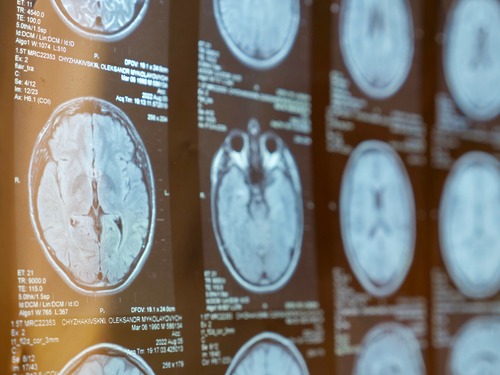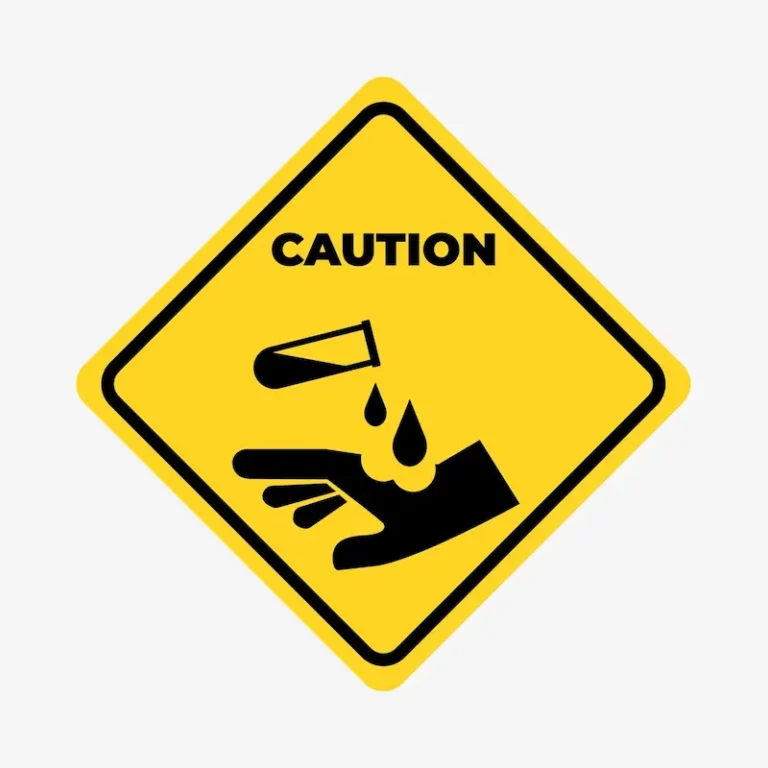At the Law Offices of Humberto Izquierdo, Jr., PC, we are committed to assisting individuals who have suffered injuries due to accidents and workplace incidents. We understand the tactics insurers may use to deny or undervalue claims, and we are dedicated to advocating for our clients’ rights. Serving Cumming, Atlanta, Marietta, and surrounding Georgia areas, our bilingual staff ensures that language is never a barrier to receiving quality legal representation.
If you’ve suffered a traumatic brain injury (TBI) in a car accident, the physical, emotional, and financial toll can be overwhelming, and the legal guidance of an experienced brain injury lawyer is necessary. TBIs can range from mild concussions to severe brain injuries that require long-term care. Navigating the legal and medical challenges following a TBI can be complex, but understanding your rights and legal options is essential.
In this blog, we’ll explore the impact of traumatic brain injuries (TBIs) after a car accident, why they are often overlooked, and how working with an experienced Cumming brain injury lawyer can help you navigate the legal process and secure the compensation you deserve.
What Is a Traumatic Brain Injury (TBI)?
Traumatic brain injury (TBI) occurs when an external force injures the brain. It can result from a car crash, fall, sports injury, or other accidents. Understanding TBI is important, especially when dealing with the long-term effects of a traumatic event.
Types of Traumatic Brain Injuries
There are several types of TBIs, each with varying severity and symptoms. These include:
- Concussions: A mild form of brain injury that may cause temporary confusion, headaches, or dizziness.
- Contusions: Bruises on the brain tissue that can lead to swelling and bleeding.
- Diffuse Axonal Injury (DAI): Damage to the brain’s nerve fibers, often leading to coma or long-term disability.
- Penetrating TBI: Occurs when an object, like debris from a car crash, enters the skull and damages the brain tissue.
- Closed Head Injury: A type of TBI where the skull remains intact, but the brain suffers damage from blunt force.
Causes of TBI in Car Accidents
Car accidents are a major cause of TBIs. The impact of a crash, sudden deceleration, or airbag deployment can all lead to brain injuries. In some cases, the head strikes the dashboard, window, or other parts of the vehicle. A closed head injury may result, but in more severe cases, the skull could fracture, leading to penetrating injuries.
Symptoms of Traumatic Brain Injury
TBI symptoms can vary widely, depending on the severity of the injury. Common short-term symptoms include:
- Headaches
- Dizziness or balance problems
- Nausea and vomiting
- Memory or concentration problems
Long-term symptoms may include cognitive impairments, mood swings, or changes in behavior. Severe cases of TBI can result in brain death, persistent vegetative states, or lasting neurological problems. Early medical treatment and monitoring are essential to managing these symptoms and preventing further damage.
The Hidden Dangers: Why TBIs Are Often Missed After Car Accidents
Traumatic brain injuries (TBIs) are often overlooked after a car crash, even though they can have serious long-term effects. The symptoms can be delayed, and the injury may not be immediately obvious.
Delayed Symptoms of TBI
TBI symptoms do not always appear right away. It can take hours or days for symptoms like headaches, dizziness, or confusion to show up. This delay can make it difficult to recognize the injury immediately, especially if the person seems fine right after the accident.
Misdiagnosis and Overlooked Injuries
In some cases, doctors may misdiagnose a TBI or attribute symptoms to other conditions. For example, symptoms like nausea, mood swings, or memory loss may be mistaken for stress or fatigue. Without proper testing, a TBI could be missed, delaying treatment and worsening the condition.
The Role of Insurance Companies
Insurance companies may downplay the seriousness of a TBI to avoid paying full compensation. They may argue that the injury is not as severe as claimed, especially if symptoms take time to appear. This is why having a brain injury lawyer is crucial; an experienced attorney can help ensure that your claim is not minimized and that you receive the compensation you deserve.
Your Legal Rights After a Brain Injury in a Car Accident
After suffering a brain injury in a car accident, it is important to understand your legal rights. Knowing who is responsible and how to seek compensation can help you cover medical expenses, lost wages, and long-term care.
Who May Be Liable for Your Injury
Liability for a brain injury in a car accident can fall on different parties, depending on the circumstances:
- Other driver(s): If another driver caused the crash, they could be held responsible for the injuries, including brain injuries, that result from the accident.
- Vehicle manufacturers: If a defective part (such as a faulty airbag or seatbelt) contributed to the accident or worsened the injury, the manufacturer may be liable.
- Government agencies: If poor road conditions or faulty signage contributed to the crash, the local government may be held accountable.
Compensation for Brain Injury
If you suffer a traumatic brain injury in a car accident, you may be entitled to compensation for various losses, including:
- Medical bills: This includes emergency care, surgeries, long-term treatment, and rehabilitation costs.
- Lost wages: If you are unable to work due to your injury, you can seek compensation for the income lost during recovery.
- Long-term care: For severe TBIs that require ongoing support, such as nursing care or rehabilitation services, compensation can help cover these costs.
Time Limits for Filing a Claim
In Georgia, the statute of limitations for filing a personal injury claim, including brain injury lawsuits, is two years from the date of the accident (O.C.G.A. § 9-3-33). Failing to file within this time frame may result in losing the right to seek compensation for your injuries. It is crucial to act quickly to protect your rights.
Why You Need a Brain Injury Lawyer
A brain injury lawyer is essential for securing the compensation you deserve after a car accident. With their expertise, they can help you navigate legal challenges, negotiate with insurance companies, and build a strong case.
Building Your Case with Strong Evidence
To win a brain injury case, you need clear and convincing evidence. A brain injury lawyer, like those at Humberto Law Firm, will work with medical professionals and experts to gather critical evidence, such as:
- Medical records: These documents provide detailed information about the diagnosis, treatment, and long-term prognosis of your brain injury.
- Expert testimony: Medical experts can explain the severity of your TBI and its lasting impact on your life.
- Accident reports: Police reports and other records can show how the accident occurred and who was at fault.
Negotiating with Insurance Companies
Insurance companies often try to settle for as little as possible. A skilled brain injury lawyer knows how to deal with insurers to ensure you receive fair compensation. They will advocate for you, making sure the insurance company doesn’t downplay the seriousness of your brain injury.
Maximizing Your Settlement or Trial Outcome
Whether through a settlement or trial, a brain injury lawyer works to get the best possible outcome. With their experience, they understand how to handle TBI cases and ensure that you are compensated for both immediate and long-term needs, including medical care, lost wages, and future treatment.
Steps to Take After Suffering a TBI in a Car Accident
If you suffer a traumatic brain injury (TBI) in a car accident, there are specific steps you should take to protect your health and your legal rights. Taking immediate action can help ensure proper treatment and improve the outcome of your claim.
Seek Immediate Medical Attention
Even if you feel fine after the accident, it is crucial to seek medical attention. Some symptoms of a TBI, like dizziness or confusion, may not appear right away. A doctor can assess your condition and document the injury, which is vital for both medical treatment and legal purposes.
Document Everything
Keeping a thorough record of everything related to your TBI is essential for your case. This includes:
- Medical treatments: Keep track of doctor visits, treatments, medications, and rehabilitation.
- Symptoms: Note any changes in your symptoms, such as headaches, memory issues, or mood swings.
- Accident details: Document the circumstances of the car crash, including the location, time, and involved parties.
Contact a Brain Injury Lawyer
After receiving medical care, contact a brain injury lawyer who has experience with brain injuries. A brain injury lawyer can help guide you through the legal process, handle communications with insurance companies, and ensure you receive the compensation you are entitled to for medical bills, lost wages, and long-term care. At Humberto Law Firm, our lawyers specialize in helping TBI victims get the justice they deserve.
Endured a Brain Injury After a Car Accident? Consult With Humberto Law Firm ASAP!
If you or a loved one has suffered a traumatic brain injury in a car accident, it’s crucial to act quickly to protect your rights. The legal process can be complex, and insurance companies may try to minimize your claim. Our experienced brain injury lawyers are dedicated to helping you navigate the challenges of your case, ensuring you receive the compensation you deserve for medical expenses, lost wages, and long-term care.
Contact us at (770) 888-8901 for a free claim consultation today!







